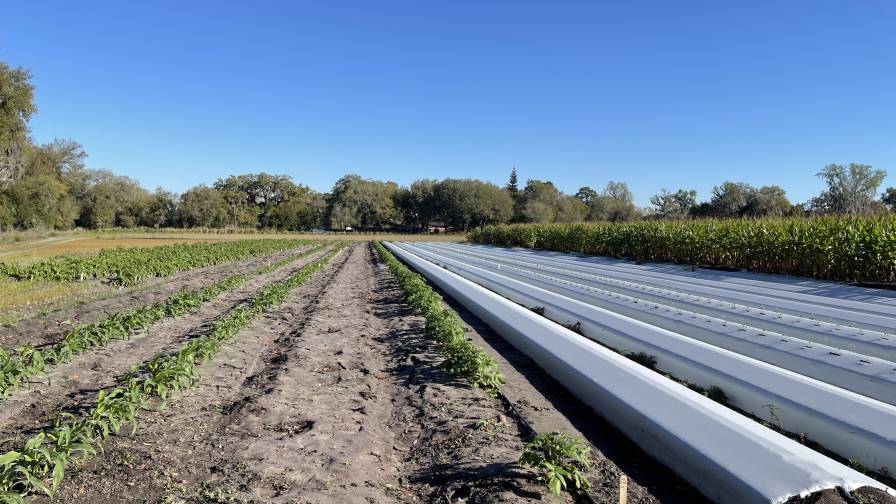Tillable CEO Gives Insight on Climate Breakup, Next Steps
On Tuesday, February 18, in the aftermath of the collapse of a future API between Climate Corp. and Tillable under the weight of social media accusation and innuendo, I wrote a perspective piece expressing my own view of the outcome. While I understand how on edge farmers are about data privacy and ownership, and trust does not abound, the whole ordeal was, in my view, wrong and over the top.
So, I wasn’t terribly surprised when I got a call last Friday from Corbett Kull, Tillable’s CEO, to clear the air about a few things. “I want to make sure people understand what happened, what was factual and what was not, and go from there,” he said.
First, it’s clear that the whole thing was taken pretty personally. “As one human to another, what happened over the past couple weeks does not feel super good,” said Kull. “It shows a dark side of social media. I like to think that we live in a world based on facts, and try to make decisions based on them, but sometimes that’s not how it works.”
Tillable was brought to life to bring transparency to a very opaque farmland rental market by providing landowners with data that helps them create a fair market rental price for their farm. Through its exploration of the potential for bringing a service like Tillable to the industry, says Kull, it was clear that many landowners had absolutely no idea how much to charge. Many also did not know where to find the best farmers who might be interested in renting the land.
“I have talked to many landowners that do not know what fair market value is, and all I am trying to do is help them out,” said Kull. “I’m also trying to help farmers who are looking to expand to get access. The way the land market works today is the ‘coffee shop network.’ If I happened to be in the coffee shop on the day the landowner walks in looking for a farmer, I have a shot at getting that land. But that’s not a very efficient wat to rent land out.
“We have done quantitative research,” he adds, “that shows the vast majority of landowners only talk to one farmer before deciding who to rent the farm to, and they do not have good data what fair market value of their land is.” Creating a tool that provides insight into land rent, along with a “matchmaking” service featuring a well of available land and pool of farmers looking to expand, made a lot of sense.
The idea behind the future Climate API, which was not slated to break ground until this summer, was to give a landowner and farmer the ability to link actual farm practices and field operations to a farm field, providing a clearer picture of farm value.
“What Tillable is doing, and what we proposed to do with Climate, was make it easier for a farmer to share what is taking place on farm,” says Kull. “And, Tillable can better fulfill its responsibility to the owner that the farm is being properly managed.” Finally, all of this would only have occurred with the authorization of the landowner and farmer.
So, what about those hassle-free lease letters sent to farmers, which seemed to be the trigger that set social media ablaze? Kull explains that every bit of the background work on the program was derived from publicly available data.
“The offers Tillable made to landowners were based off of public data, including productivity index of the county, average county yields, and average county rent,” he explains. “Then we come up with an estimate we think the fair market value is.” As far as the landowner location data, “that is from the property tax database assessor, which shows the location, the landowner mailing address and field boundaries. From this we derive a number that we feel is fair market rent.”
When letters are sent, he adds, “we have no idea if the person is a non-operating landowner or a farmer — that data is not in that tax assessor data. All we know is that it is getting mailed to the person on record paying property taxes. To be really clear, no data was improperly shared with us.”
What’s next for Tillable? “I can tell you that we’re not going away,” says Kull. “We actually had a record number of signups after the blowup – we have 12,000 farmers using the platform today, and now everybody knows who we are.”
As for the social media onslaught, Kull guarantees it will happen again at some point. That said, as far as Tillable is concerned, he’s hoping the next outraged farmer will pick up the phone or send an email before waging war in the world of Twitter.
“Send me an email, call me up and ask a question, or just yell at me, I can take it,” says Kull. “I’m more than happy to talk to anyone. Lobbing social media insults is not very productive.”






